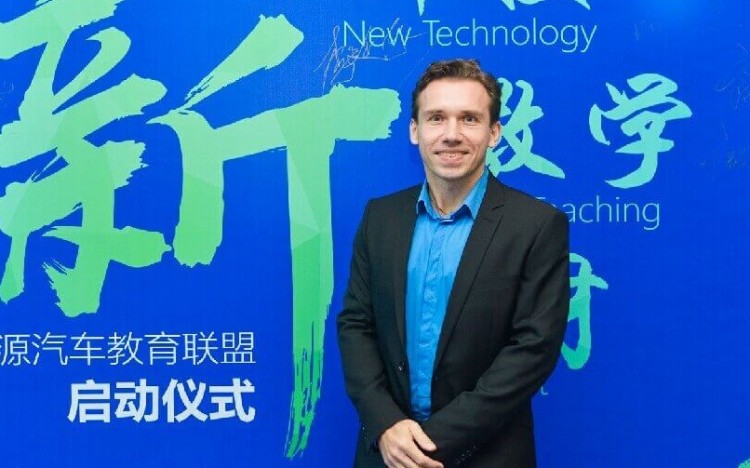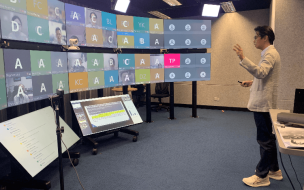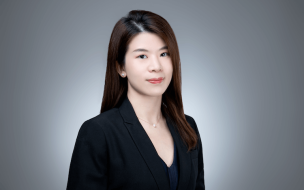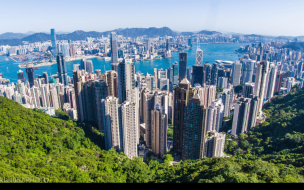Tomas had worked in DC for several years. His interest in Asia had been piqued after travelling there on vacation, and his trip to Beijing was intended to indulge that.
However, it just made him hungrier for more.
The experience made him realize how few people outside of China could actually speak the language or understand the complex business climate in the region, and he knew there were opportunities there for someone with his skillset and business experience.
When he came back to the US, his mind was made up: he was going to move to Asia, and he chose the MBA at HKUST Business School in Hong Kong to help him do it.
Now, 10 years on from first resigning his post at World Bank, Tomas is working for a Chinese industry leader in Shanghai as a senior branding and business development manager, joining the 80% of HKUST graduates who go on to find a placement in Asia.
In fact, Tomas’s MBA experience allowed him to land the coveted MBA triple-jump—switching industry, job function, and location in one fell swoop.
From pursuing projects on the MBA’s Consulting and Strategic Management Career Track, to visiting as many as 25 companies around China—Tencent, Baidu, Lenovo, and Huawei, to name a few—the MBA at HKUST gave Tomas the tools and connections to make a successful transition.
He even got to experience life at Tsinghua University in Beijing through the school’s extensive exchange program, an opportunity that gave Tomas an important insight into life in mainland China.
We caught up with him to find out about life in China, and how the MBA at HKUST helped him craft his desired career.
How did studying in Asia live up to your expectations? Did anything surprise you?
The sheer speed at which the MBA moved was a something I had to get used to, but I was pleased with the high quality of my professors and classmates. HKUST’s MBA program was very international, similar to the World Bank, and I really enjoyed learning more about the region and experiencing it first-hand.
By the time I landed at HKUST I knew a lot about China and Asia and could speak basic Mandarin, which helped me get around the city.
What was the most useful part of the MBA for your career?
I think the most useful part is the HKUST brand—it’s a top Asian MBA that one gets to put on a CV. That has opened doors and I think helped me get jobs and better salary.
In addition, it’s the contacts—both among MBA classmates and EMBA alumni, you get contacts that you can utilize even in Shanghai. It’s the community that one gets thanks to the MBA.
What's the best thing about living and working in Asia? Would you recommend it to others?
The best thing about working in Asia and, in my case, China is seeing new trends and new technologies become reality before they come to other places.
China has come to the forefront in many technologies, such as mobile payments, the sharing economy, and new energy vehicles—it’s exciting to experience that before others, and it is special to live in a society that is used to change and is still fast-improving.
I also enjoy traveling and exploring the different cultural aspects that China and Asia [in general] have to offer.
Over the years I have traveled to 20 provinces. China is very diverse and has lots of amazing things to discover, from the big cities to historical villages and natural landscapes, and the only way to truly experience it is to know the language and to live here.
So yes, I definitely would recommend it to everyone.
Student Reviews
HKUST Business School
RECAPTHA :
0d
90
92
97









